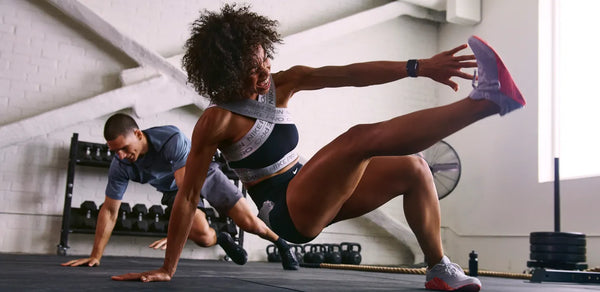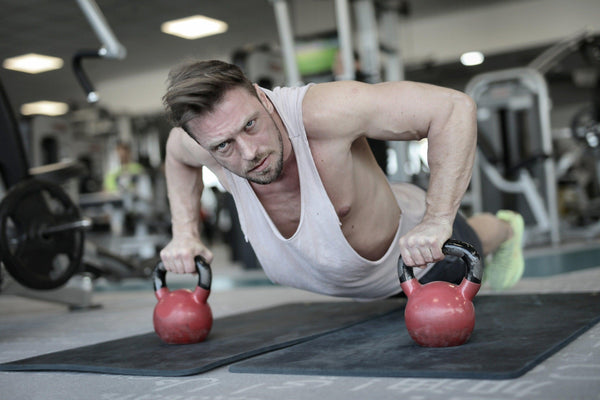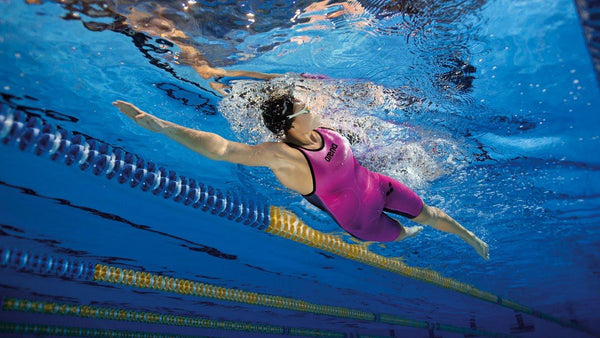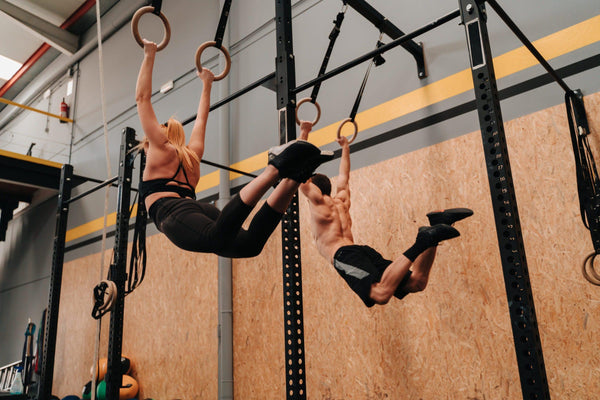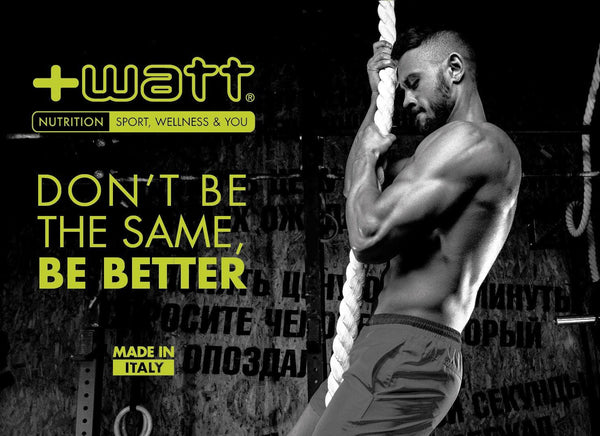
The Ideal Diet for a Sportsman: What to Eat Before, During and After Training
For those who practice sports at a competitive level or simply for their physical well-being, proper nutrition is essential.
For example, it is important for a swimmer to get enough complex carbohydrates to provide the energy needed during training and competitions. Additionally, it is important to supplement with protein for the maintenance and restoration of muscle tissue damaged during exercise. Fruits and vegetables are important sources of vitamins, minerals and antioxidants, which help strengthen the immune system and prevent injuries.
Nutrition plays a fundamental role in the physical performance of an athlete. A healthy and balanced diet not only provides the energy needed for sporting performance, but also contributes to maintaining good health and preventing injuries. Here are some tips on what to eat before, during and after your workout.
Before training:
Before training it is important to eat food that provides the energy needed to sustain physical exercise. Carbohydrates are the main source of energy for the body and should account for the majority of an athlete's caloric intake. Complex carbohydrates, such as whole-wheat bread, oats, whole-wheat pasta and brown rice, provide long-term energy and help keep blood sugar levels stable.
Additionally, it is important to supplement with protein for the maintenance and restoration of muscle tissue damaged during exercise. Protein can be found in foods such as chicken, fish, beans and eggs. It is also advisable to include fruits and vegetables, which provide vitamins, minerals and antioxidants that help strengthen the immune system and prevent injuries.
During training:
While exercising, it's important to keep hydrating your body to avoid dehydration. Water is the best choice for hydration, but some athletes may benefit from the addition of electrolytes such as sodium and potassium, which are lost through sweat. Electrolytes can be found in foods such as salt, bananas and milk.
Also, during long-duration or high-intensity training, it can be helpful to take carbohydrates in the form of gels or energy bars to keep blood sugar levels stable and provide short-term energy
After training:
After a workout, it's important to restore your body's energy and hydration levels. Drinking plenty of water is essential to rehydrate the body and help recover. Additionally, it is important to consume carbohydrates to replenish muscle glycogen stores and protein to maintain and restore muscle tissue damaged during exercise.
Foods that may be helpful to eat post-workout include:
-
Fruits: Rich in carbohydrates, vitamins and minerals, fruit is a great post-workout snack. Bananas in particular are a good source of potassium, which helps rehydrate the body and restore electrolyte levels.
-
Vegetables: Vegetables are full of essential nutrients, such as vitamins and minerals, and can be an excellent source of complex carbohydrates. For example, sweet potatoes are high in carbohydrates and potassium.
-
Proteins: Proteins are essential for the maintenance and restoration of muscle tissue damaged during training. Some good sources of protein are chicken, fish, beans and eggs.
-
Milk or yogurt: Milk and yogurt are great sources of protein and carbohydrates, as well as providing calcium and vitamin D, which help keep bones strong.
Nutritional supplements can be a useful addition to an athlete's diet to help get the most out of training. However, it is important to remember that supplements are not a substitute for a healthy balanced diet and should only be used as an addition to an already complete diet. Here are some ways that nutritional supplements can help an athlete and increase performance:
-
Muscle Recovery: Supplements like glutamine and creatine can help reduce muscle damage and recovery time after a workout. This can allow you to train with greater frequency and intensity, increasing your performance.
-
Strengthening of the immune system: overtraining and injuries can be a problem for athletes who practice high-intensity activities. Vitamin and mineral supplements, such as vitamin C and zinc, can help boost your immune system and prevent these problems.
-
Performance Enhancement: Some supplements, such as creatine and beta-alanine, can help improve muscle strength and endurance, which can lead to better performance during training.
-
Prevention of overtraining: Overtraining can be a common problem for athletes who engage in high-intensity activities. Supplements like glutamine can help prevent it
Discover our selection of supplements and energy bars to maximize your performance during training and optimize muscle recovery.
